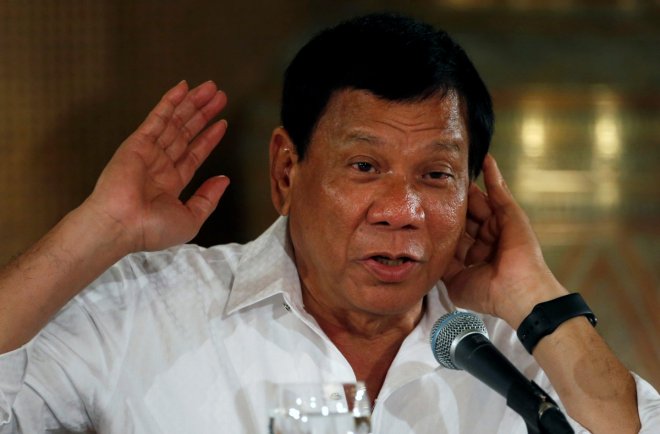
The Philippine government's Armed Forces of the Philippines (AFP) has announced that a total of 162 Abu Sayyaf Group (ASG) fighters, including a leader of its piracy wing, have been killed as a result of the "search and destroy" military policy campaign of the Duterte government, started in 2016.
Among those killed last week was Commander Muamar Askali, also known as Commander Marwan, an Abu Sayyaf sub leader known for his maritime piracy and kidnapping Western tourists, Malaysian sailors and Indonesian traders in the Southern Philippine border. Marwan, along with 10 other heavily armed militants, sailed off from Southern Philippines to its central region to reportedly disturb the ASEAN summit held this week.
Response to failed talks
The military offensive commenced in July 2016 after a failed proposed peace dialogue between the ASG leaders and the Duterte camp. Since assuming presidency, Duterte has frequented Sulu and Basilan, the cradle of the ASG, to send a diplomatic message to the fighters to release the Canadian and Norwegian hostages but the ASG beheaded two Canadian captives defying the president's call. The ongoing fierce battle also costed the lives of 29 foot soldiers, most of whom were victims of ambush attacks of the ASG.
Before the military offensives, Duterte had appealed to the ASG that the war in Basilan and Sulu is a futile exercise. Moreover, he urged the militants to stop the war for the sake of the children of the provinces. But Duterte's message fell on deaf ears and as a result of the dialogue deadlock, the leader sent 10,000 highly trained scout rangers and battle-tested marine soldiers to wipe out the ASG.
Despite the heavy casualties suffered by the ASG, it still managed to hold 23 hostages - five Filipinos and 18 foreigners, including a Japanese and few Europeans.
Many residents in the Southern Philippines were surprised about how ASG could intensify their kidnapping activity despite the heavy military pressure. The militant group has been using the Philippine-Malaysia border to prey on their prospective kidnap victims because of the long coastline that makes it hard for marine security authorities to patrol the ocean.
The ASG raked in at least USD 10m in their 'kidnap for ransom' since 2012 and reportedly used some of the ransom money to bribe village officials, community residents and politicians to mislead military soldiers to run after them.
Focus on Asean maritime security
Duterte also announced that it would like to collaborate with Malaysia and Indonesia to form a more intensive security plan in the border. ASEAN maritime security will also be among the priority topics to be discussed in the ASEAN summit to be held in Manila from April 26-29, 2017.
While the ASG remains a security threat to the Philippine-Malaysia border, the Philippine government is no longer relying on military offensive but it is also exploring the use of development efforts to stop terrorism and soon it will collaborate with her two neighboring countries (Indonesia and Malaysia) to prevent piracy and kidnapping activities in the border.









